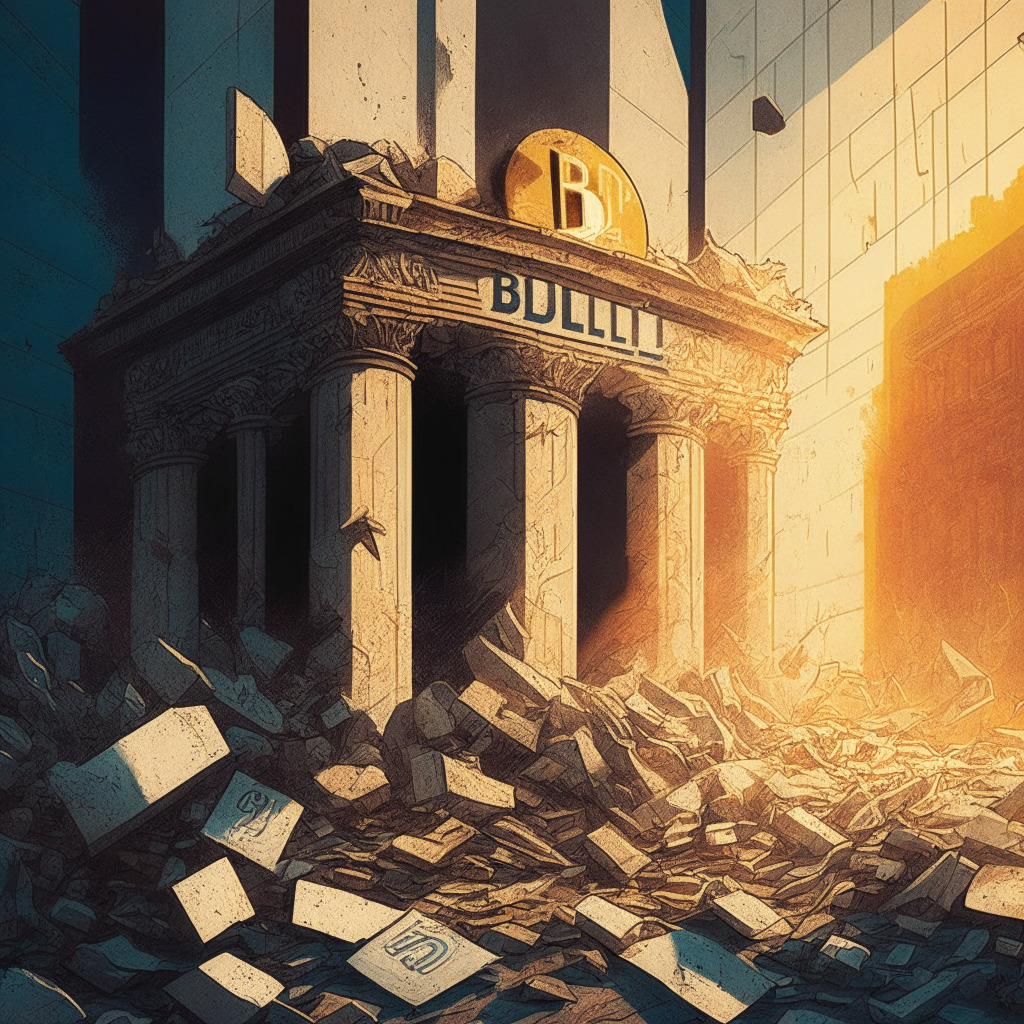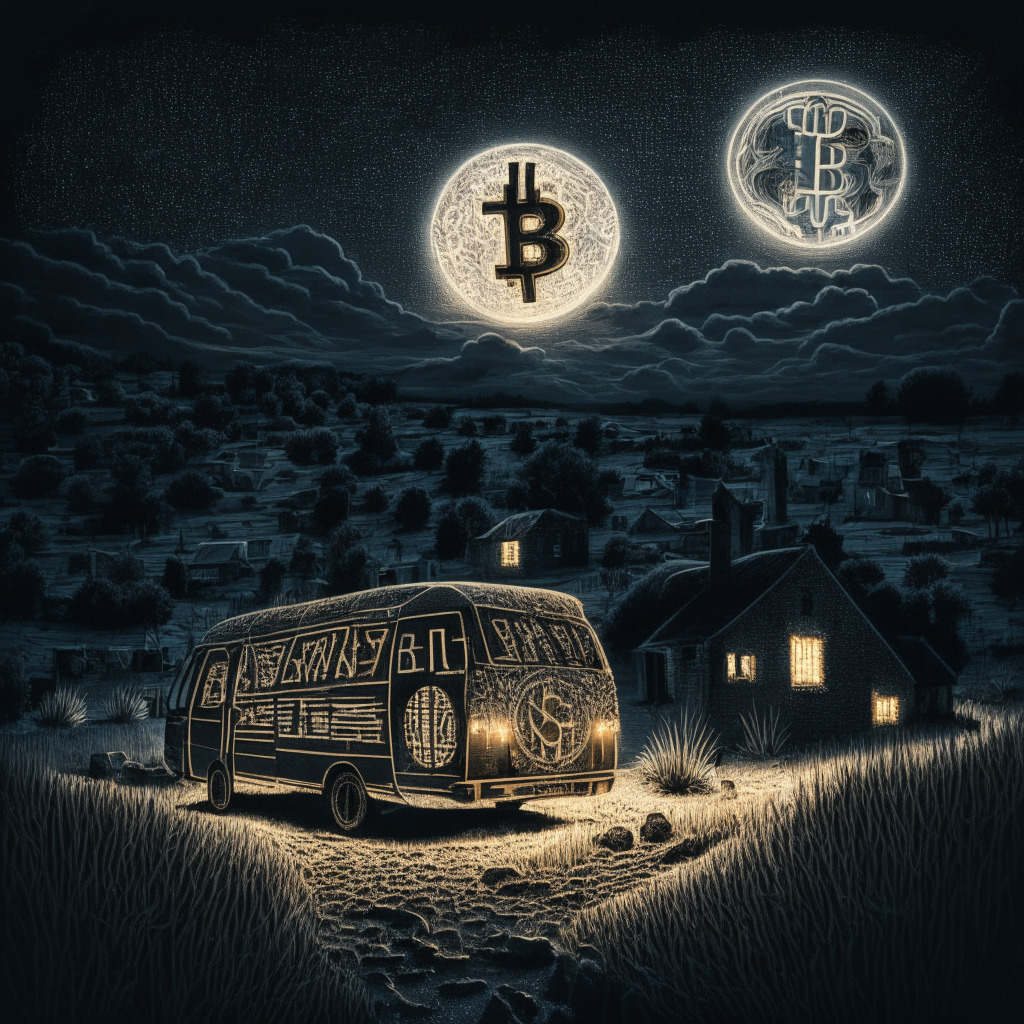As the U.S. government orchestrates yet another financial rescue plan – with JPMorgan Chase acquiring the distressed First Republic bank – the Bitcoin network celebrates a new all-time high in daily transactions. While these events are not directly related, they raise questions about the future of crypto and Bitcoin’s position in an evermore-dysfunctional economy.
First Republic’s failure, second only to Washington Mutual during the Great Financial Crisis, is attributed by economists to rising interest rates and the Federal Reserve’s hawkish monetary policy responsible for earlier bank collapses this year. Crypto and the wider political realignment towards populism have emerged to challenge the authority of central banks and established powers. Bitcoin’s appeal lies in its fixed monetary issuance schedule, decided by social consensus rather than political elites.
However, the coincidental timing of Bitcoin’s latest milestone should not be interpreted as an immediate shift towards a “trustless” financial system. While some hail Bitcoin as a potential global reserve currency, the network’s growing number of transactions is mainly due to the launch of Bitcoin Ordinals supporting non-fungible tokens (NFTs).
Not all bitcoin enthusiasts are pleased with this development, as some purists argue that Bitcoin should focus solely on monetary use rather than digital collectibles. Despite these differences, Bitcoin’s open-source nature allows people to use the technology as they please, making its potential role in the global economy dependent on individual choices.
In conclusion, recent banking failures and the boom of Bitcoin transactions highlight the growing rift between traditional financial systems and the emergence of decentralized digital alternatives. While debates over blockchain’s appropriate uses continue, the ongoing economic instability may sway more opinions towards crypto’s merits in providing an impartial and transparent financial system.
Source: Coindesk




